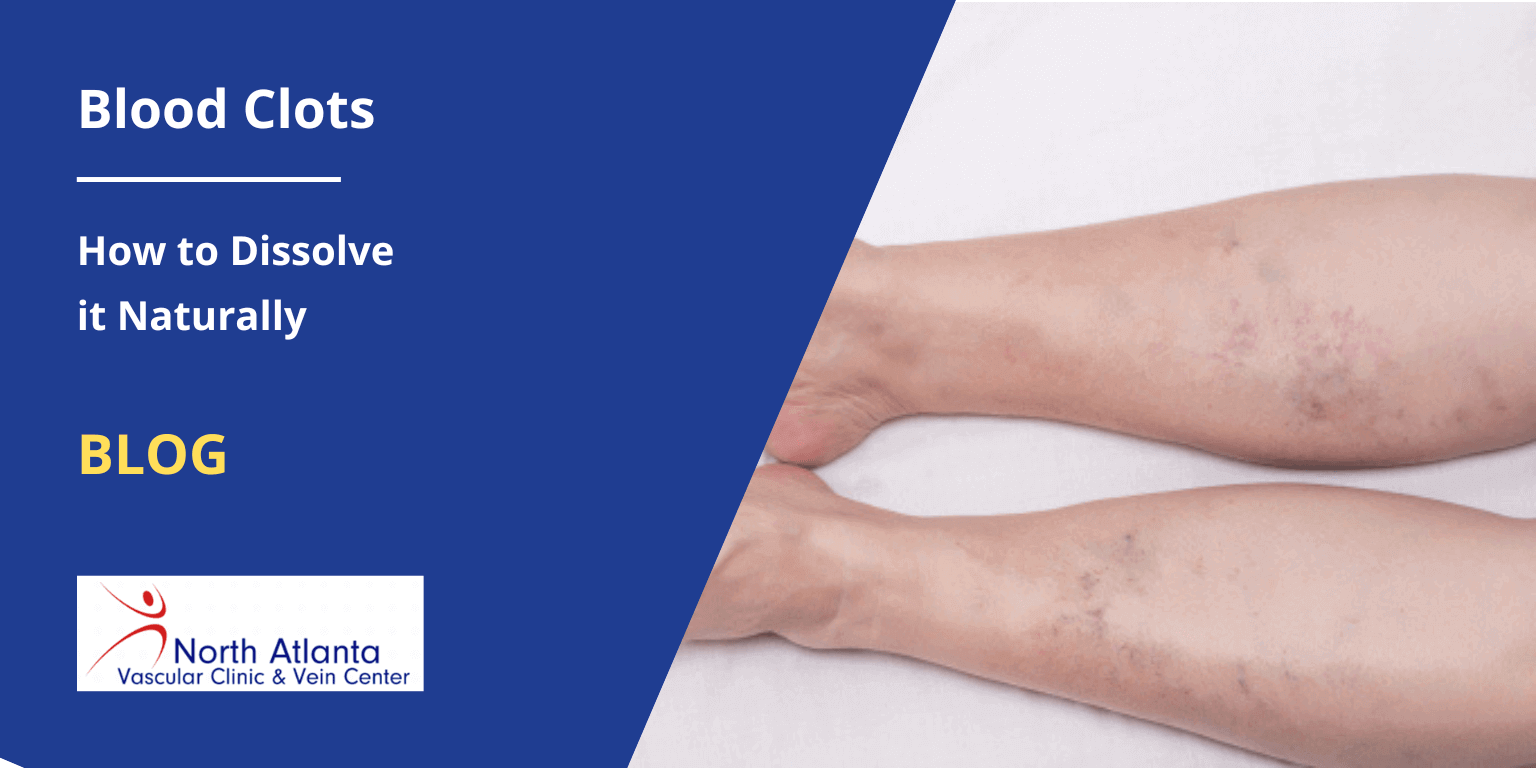Erythritol and Blood Clotting

Erythritol, a sugar alcohol often used as an artificial sweetener, has recently been linked to an increased risk of blood clots. This discovery has sparked concern among consumers and health experts alike, leading to a renewed focus on the potential health implications of artificial sweeteners.
Understanding the Potential Link
While the exact mechanism by which erythritol might contribute to blood clots is still being investigated, current research suggests that it could potentially interfere with the body’s natural blood clotting process. Erythritol is known to be metabolized by the liver, and some studies have shown that it may increase the production of certain clotting factors in the blood.
Current Scientific Understanding
The link between erythritol and blood clots was first reported in a study published in the journal Nature Medicine in August 2022. This study found that erythritol was present in the blood of individuals who had experienced a heart attack or stroke. Further research is needed to confirm this association and determine the precise mechanisms involved.
Studies and Research on Erythritol and Blood Clotting
Several studies have investigated the potential link between erythritol and blood clots.
- The study published in Nature Medicine found that erythritol levels were significantly higher in patients who had experienced a heart attack or stroke compared to healthy individuals.
- Another study, published in the journal Thrombosis Research, found that erythritol increased the activity of a key clotting factor called factor Xa in human blood samples.
- While these studies suggest a potential link, more research is needed to establish a definitive causal relationship between erythritol consumption and blood clot formation.
Comparing Erythritol to Other Artificial Sweeteners, Erythritol blood clots
While erythritol is the only artificial sweetener currently linked to blood clots, it’s important to remember that all artificial sweeteners have the potential to impact health in different ways. For example, some artificial sweeteners have been linked to digestive issues, while others have been associated with changes in gut bacteria.
Erythritol Consumption and Health Risks: Erythritol Blood Clots

Erythritol, a sugar alcohol commonly used as a sugar substitute, has gained popularity due to its low-calorie content and minimal impact on blood sugar levels. However, recent studies have raised concerns about its potential health risks, including an association with an increased risk of blood clots.
Potential Health Risks Associated with Erythritol Consumption
While erythritol is generally considered safe for consumption, emerging research suggests a possible link between its intake and adverse health outcomes, particularly related to blood clotting.
Blood Clots
A study published in the journal Nature Medicine in August 2022 found a strong association between erythritol levels in the blood and an increased risk of heart attack, stroke, and death. The study analyzed data from over 2,000 participants and found that those with higher levels of erythritol in their blood had a significantly higher risk of these cardiovascular events.
Other Potential Risks
While the research on erythritol’s potential health risks is still developing, some studies suggest that it may also contribute to:
- Gastrointestinal Issues: Erythritol can cause gastrointestinal distress, such as bloating, gas, and diarrhea, especially when consumed in large quantities.
- Metabolic Disturbances: Some studies suggest that erythritol may interfere with the body’s natural metabolic processes, potentially leading to insulin resistance and weight gain.
- Dental Issues: Although erythritol does not contribute to tooth decay like sugar, some studies indicate that it may still have negative effects on dental health.
Mechanisms by which Erythritol Might Affect Blood Clotting
The exact mechanisms by which erythritol might contribute to blood clotting are still being investigated. However, some potential pathways have been proposed:
Platelet Activation
Erythritol may promote platelet activation, which is a crucial step in the formation of blood clots. Platelets are small blood cells that clump together to form a plug at the site of an injury. When platelets are activated, they release chemicals that further promote clot formation.
Endothelial Dysfunction
Erythritol might also contribute to endothelial dysfunction, which refers to damage to the lining of blood vessels. This damage can lead to increased inflammation and blood clotting.
Increased Oxidative Stress
Some research suggests that erythritol may increase oxidative stress, a condition characterized by an imbalance between the production of reactive oxygen species and the body’s ability to neutralize them. Oxidative stress can damage blood vessels and promote blood clotting.
Recommended Daily Intake of Erythritol
There is currently no official recommended daily intake for erythritol. However, based on available research, it is generally advised to limit intake to moderate levels.
Moderation is Key
While erythritol is generally considered safe in small amounts, consuming excessive quantities may increase the risk of potential health risks. Individuals with a history of cardiovascular disease or other health concerns should consult with their healthcare provider before consuming erythritol.
Erythritol blood clots – Yo, so like, erythritol’s been in the news lately, right? Some peeps are saying it’s linked to blood clots, which is totally gnarly. But, hey, at least we can still ride our sweet Indian Motorcycles , right? No matter what’s going on, those bad boys are always gonna be there to take us on a wild ride.
But seriously, gotta be careful about that erythritol stuff. Stay safe out there, fam.
Yo, so erythritol blood clots are a real thing, right? Like, kinda scary. But hey, if you’re stressing about it, maybe chill out and hit up a indian restaurant near me for some good eats. Might help you forget about all that crazy science stuff for a minute.
After all, good food always makes things better, even when it comes to those pesky blood clots.